ISLAMABAD: As global internet freedom declined for the 14th consecutive year, Pakistan has joined the ranks of almost two dozen countries that have been declared ‘not free’ for doling out harsh punishments and imposing curbs on the internet.
In its report Freedom on the Net 2024, Freedom House — a Washington DC-based organisation that tracks democracy and threats to freedom around the world — has assessed internet freedom in 72 countries.
The report uses a “standard methodology to determine each country’s internet freedom score on a 100-point scale” to document how governments censor and control the digital sphere. Pakistan scored 27 out of 100 (not free) along with 21 countries, including China, Saudi Arabia, UAE, and Iran. India, with a score of 50, was declared ‘partly free’ along with 31 other countries. Nineteen countries were ranked ‘free’ by the report.
The criteria used to determine this score were spread across eight categories — internet connectivity deliberately disrupted; social media platforms blocked; websites hosting political, social, or religious content blocked; internet user arrested or imprisoned for online activities; internet user physically attacked or killed for online activities; pro-government commentators manipulating online discussion; new law or directive increasing surveillance or restricting anonymity passed; and new law or directive increasing censorship or punishment passed.
Of these eight, Pakistan checked seven boxes, barring the passage of a ‘new law or directive increasing surveillance or restricting anonymity’.
Freedom House said protections for human rights online diminished in 27 of the 72 countries, with 18 states earning improvements. In at least 56 of the 72 countries covered by the report, internet users were arrested due to their political, social, or religious expression. In at least 43 countries, people were physically attacked or killed in retaliation for their online activities.
According to the 2024 report, over 5 billion people have access to the internet and 79 per cent live in countries where individuals were arrested or imprisoned for posting content on political, social, or religious issues. For the first time in 10 years, China shared its designation as the world’s worst environment for internet freedom with Myanmar, where the military regime imposed a new censorship system that ratcheted up restrictions.
Elections, disinformation
The report also sheds light on the use of the digital sphere by governments to manipulate information in addition to censoring information, particularly during elections.
In 25 of the 41 countries surveyed, that had held or prepared for nationwide elections, governments blocked websites, restricted access to social media platforms, or cut off internet connectivity altogether, it added.
The report said blocking websites was the most common form of poll-related censorship whereas the internet shutdowns were the least common poll-related censorship tactic.
Published in Dawn, October 18th, 2024
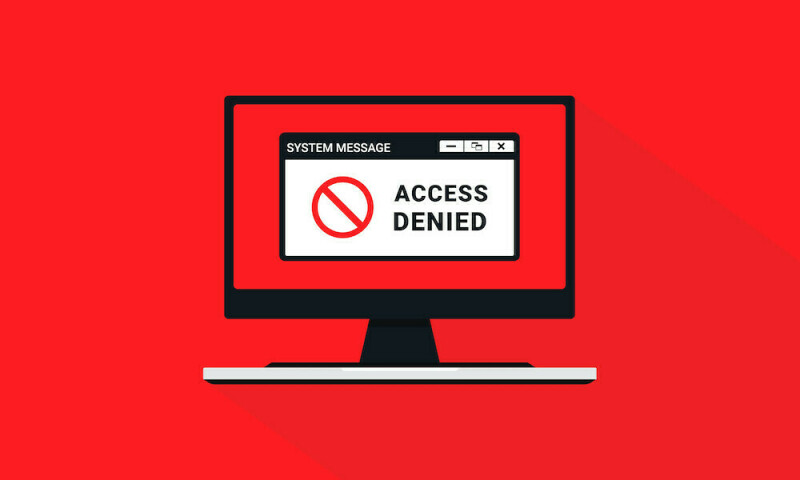
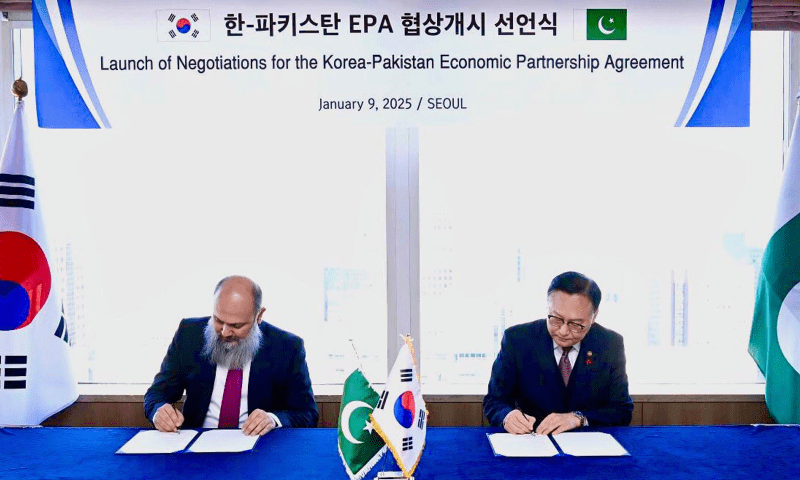
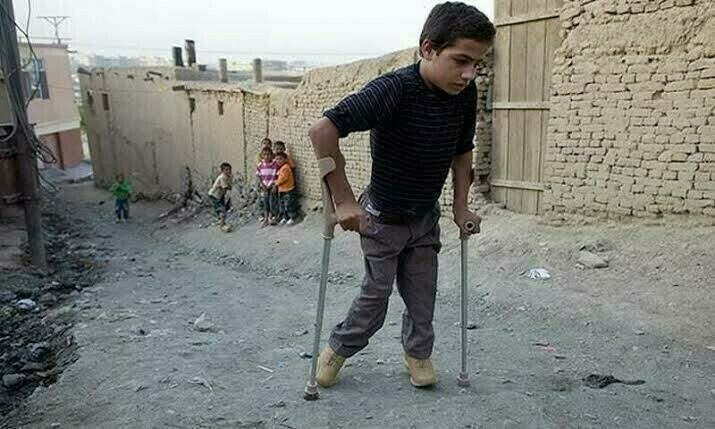
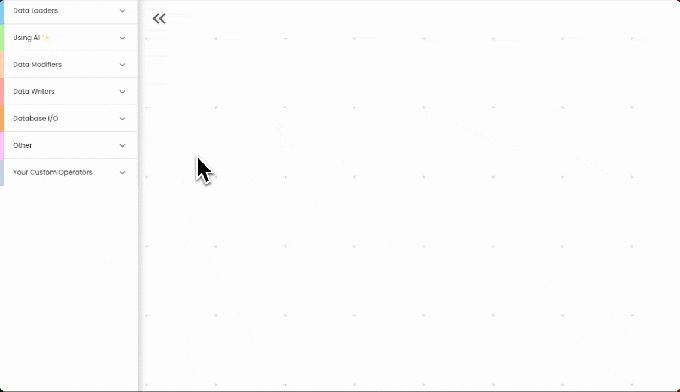
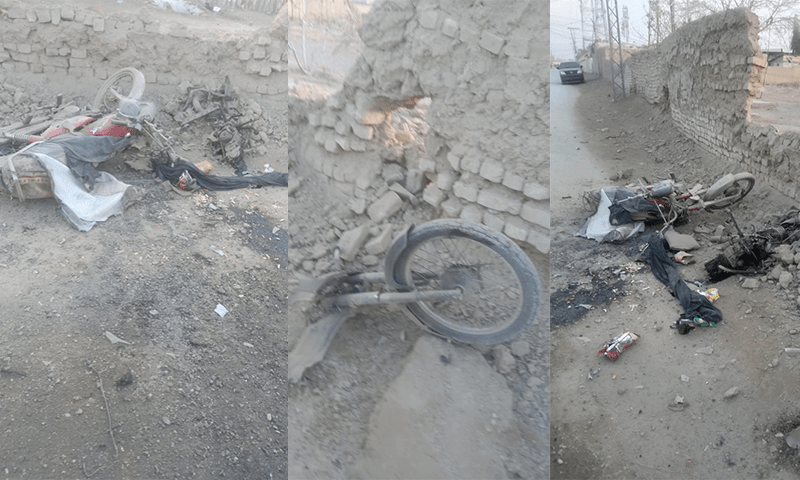
Leave a Reply